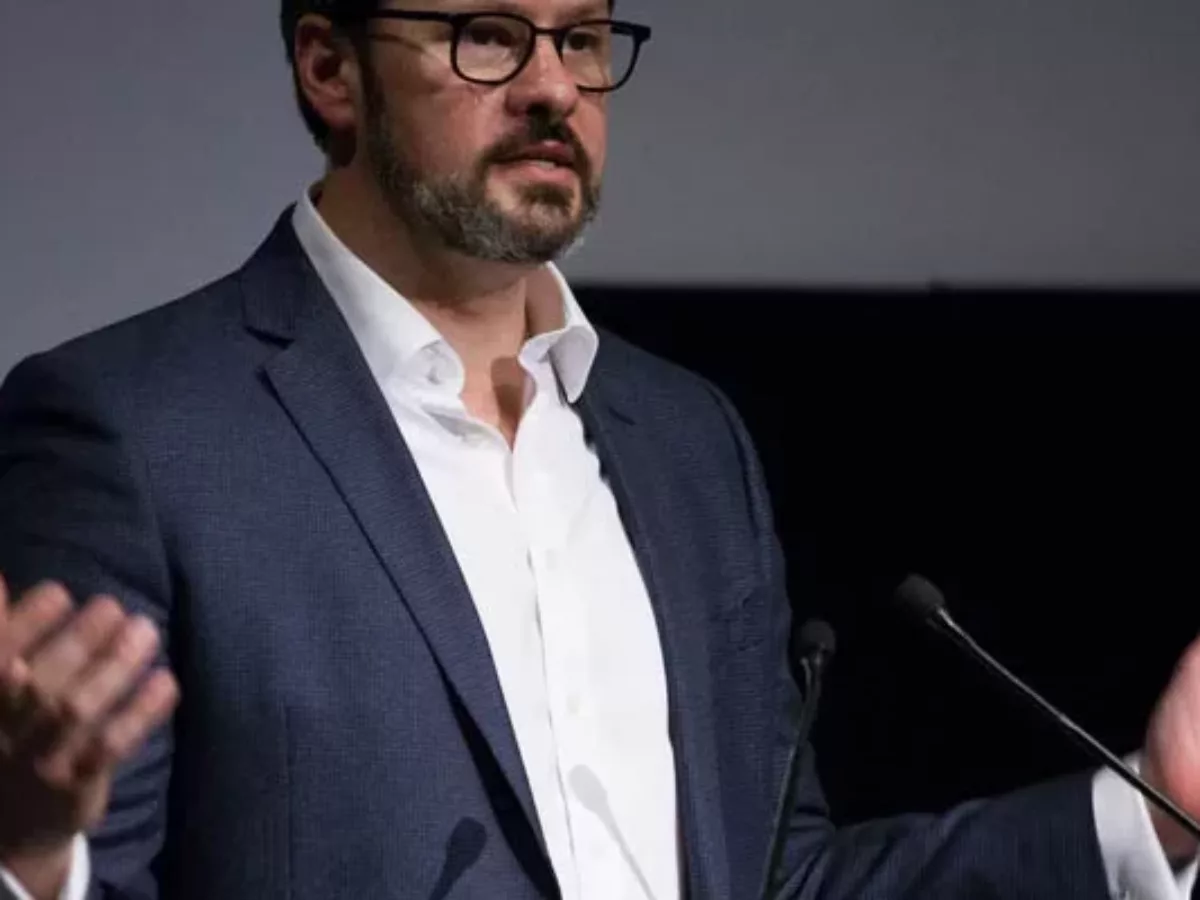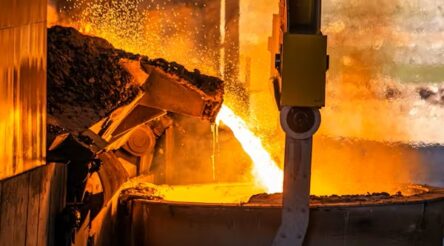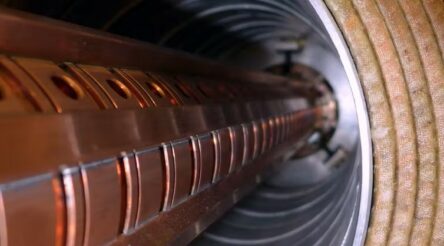Industry policy – the policy that dare not speak its name at jobs summit

Analysis by Peter Roberts
Oh dear, the Jobs and Skills Summit underway in Canberra is all well and good, excellent even as it has put an end to the division and them and us of the past decade.
But am I the only one that is getting a sinking feeling about whether industry policy is being sidelined?
Admittedly the new government has a lot of work to do in areas of policy more acceptable to Treasury such as skills, wages and economic growth, but it is increasingly looking to me like the Albanese Labor government is not one whose approach to manufacturing is based on modern industry policy.
First it is not a subject that appears on the agenda of the summit, and second those two words were not ones mentioned by PM Anthony Albanese, treasurer Jim Chalmers or even – get this – by industry minister Ed Husic in their speeches to the summit yesterday.
I have even searched for euphemisms that might be referring, even obliquely, to industry policy but they are not there.
But how else can industry break the downward spiral of offshoring, foreign takeover and indifference that is weighing on manufacturing unless we have a powerful whole of government policy driven forward by a modern equivalent of the old Australian Manufacturing Council?
The closest way Ed Husic came to mentioning industry policy was when he said: “I’ve seen the way…businesses continuously improve their operations or automate and grow jobs, jobs requiring an investment in skills and technology, delivering better pay, improved productivity.
“We have now begun to think about how we can do this at scale, working together.”
Begun to think? Hasn't Labor had a decade to do that?
After all the literature on industry policy and the practical and successful examples are there for all to see especially in support for the 3.5 million Mittelstand companies in Germany and the networking and clustering of small businesses encouraged in northern Europe?
But Husic did say that ‘we need to make sure we are preparing the nation for the opportunities that change brings – particularly in the development of skills'.
So perhaps he is taking his time to get it right.
But I fear more likely the policy vacuum might be being filled by the orthodoxy of the Treasury and the Productivity Commission – yes the PC, that never-changing policy dead space that should have been abolished years ago.
It is exactly these actors who have created the mess we are in today – their focus is on comparative advantage – not creating competitive advantage as with industry policy – and on improving the way markets work through a focus on things like skills, childcare and deregulation.
It is this orthodoxy that has lumbered with a narrow, fragile economy, lacking the innovative and entrepreneurial spark, and utterly dependent on the export of iron ore, gas and coal, all low value, and low skill products.
Market forces on their own will not deliver the required renewal of Australian manufacturing, but strategic effort by the state to encourage economic transformation will.
In fact when we live in a country with abundant gas, but which is suffering a shortage of of gas…markets are the problem and not the solution.
Picture: Ed Husic
@aumanufacturing Sections
Analysis and Commentary Awards casino reviews Defence Gambling Manufacturing News Online Casino Podcast Technology Videos





